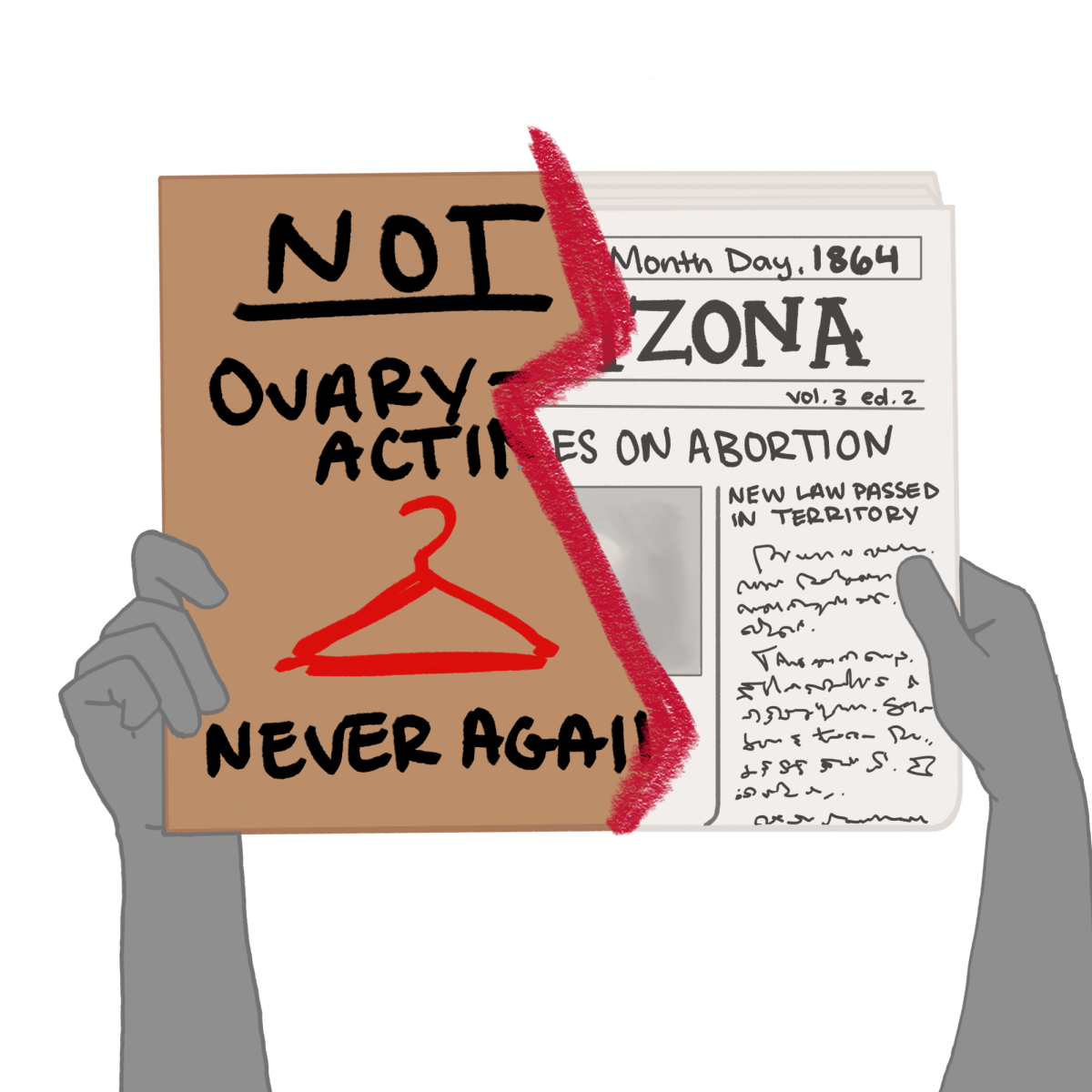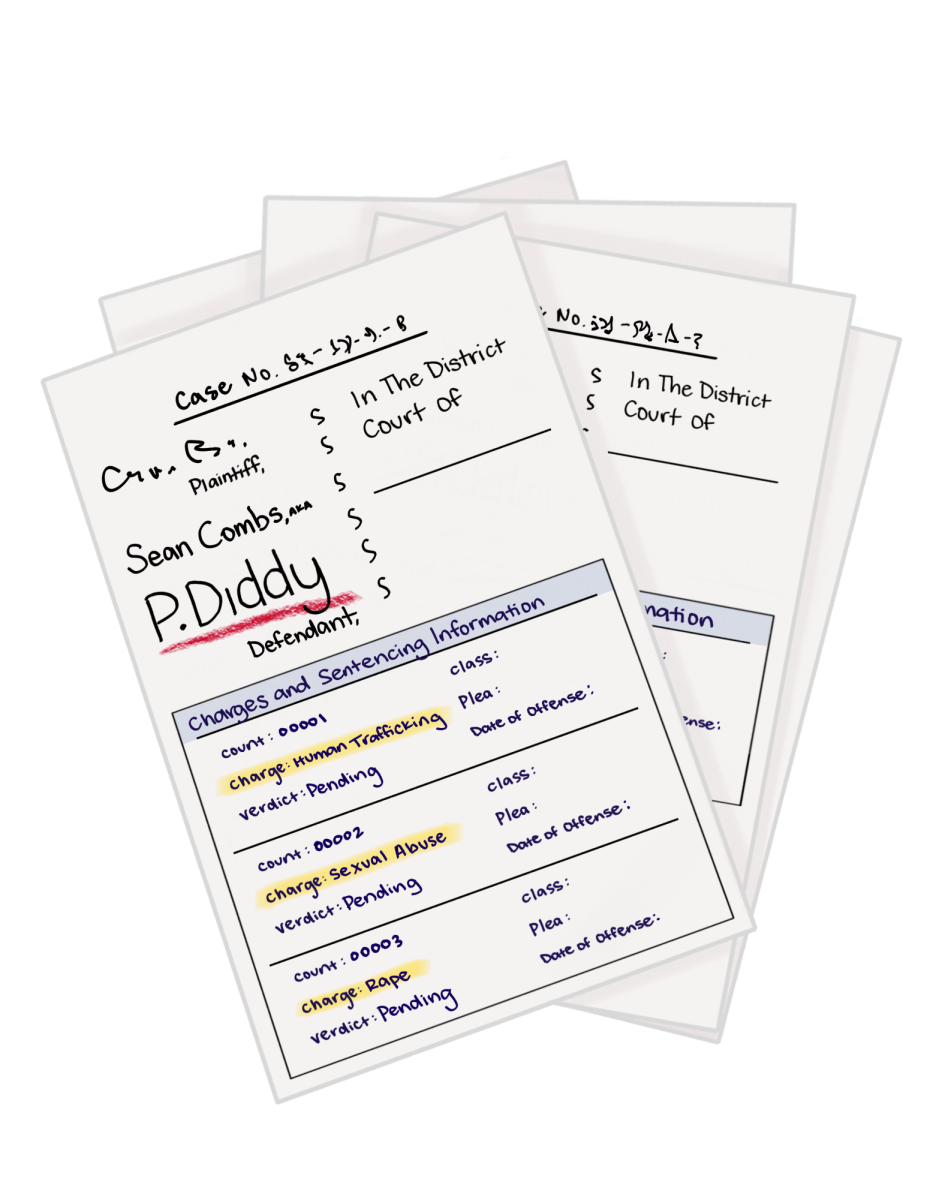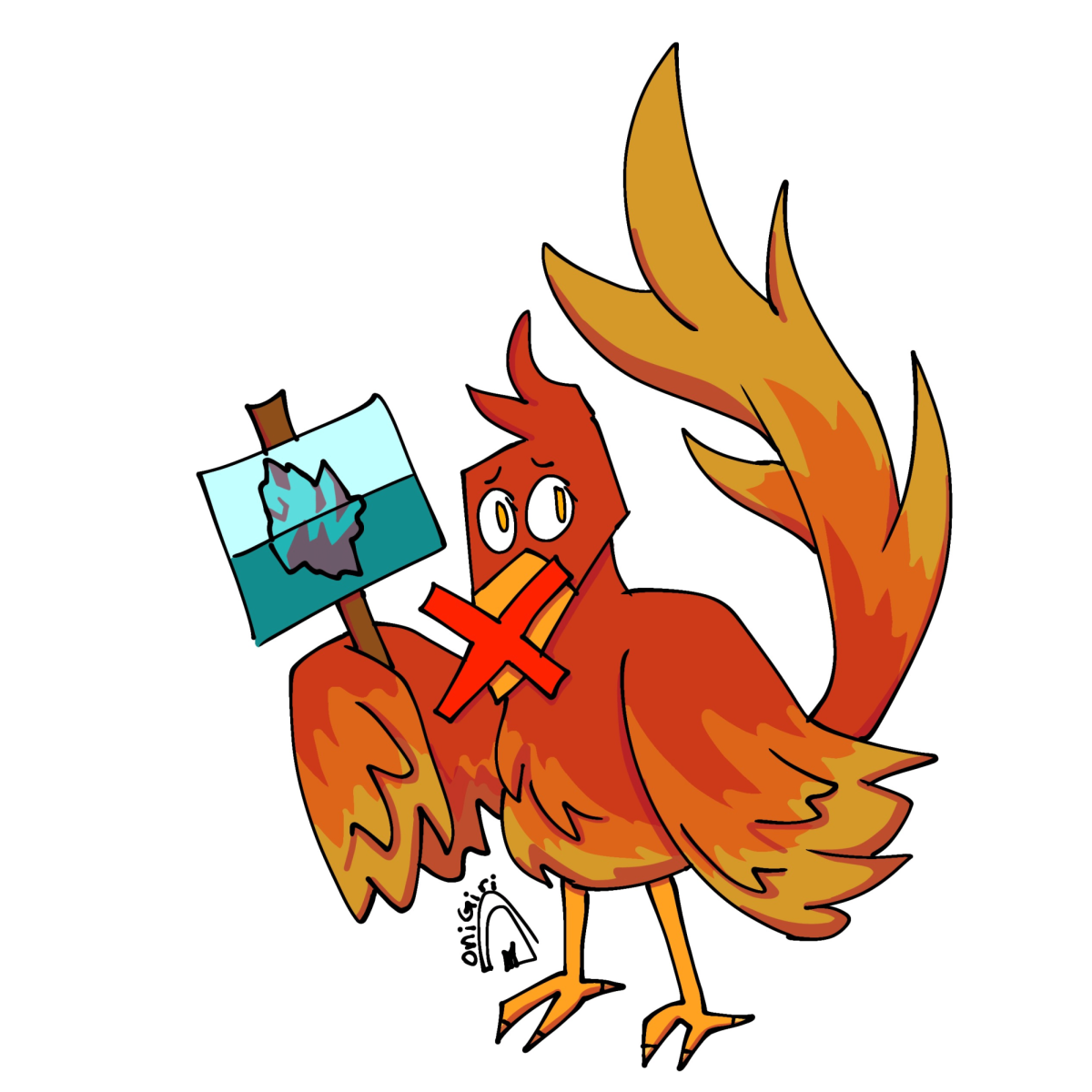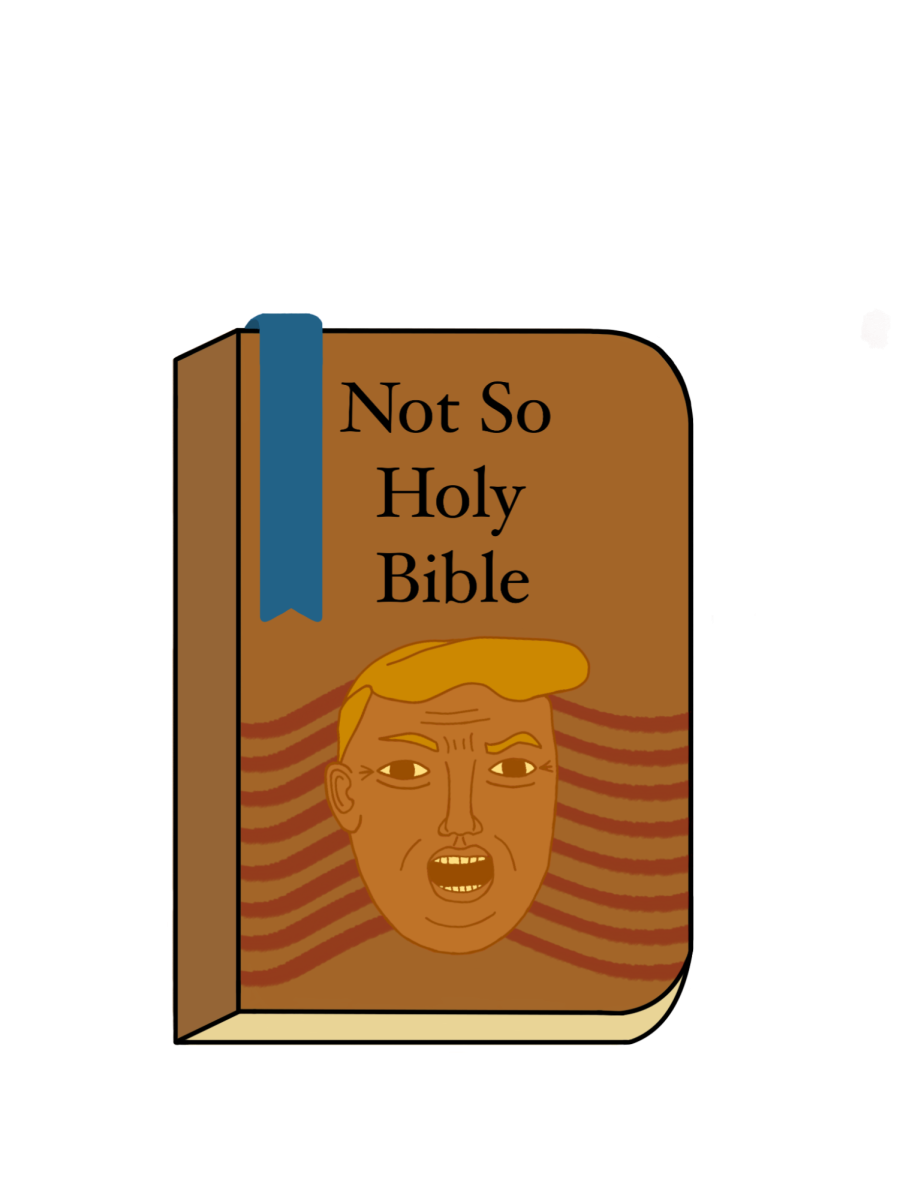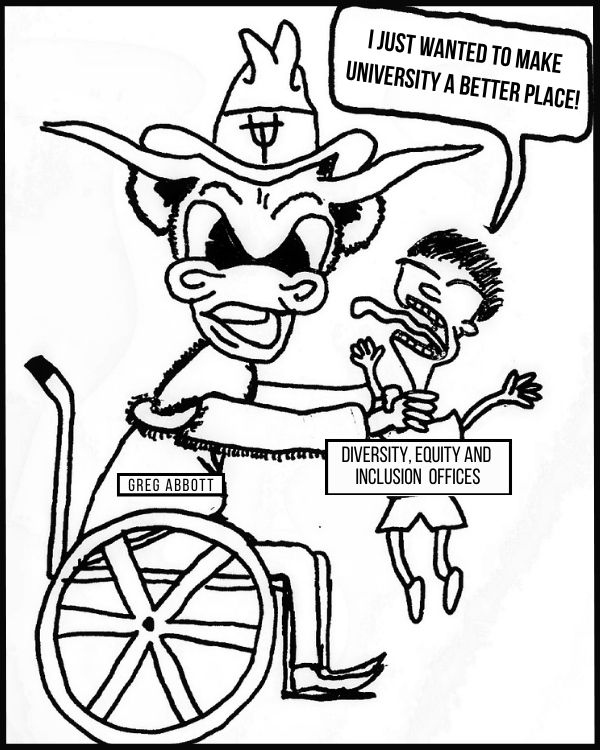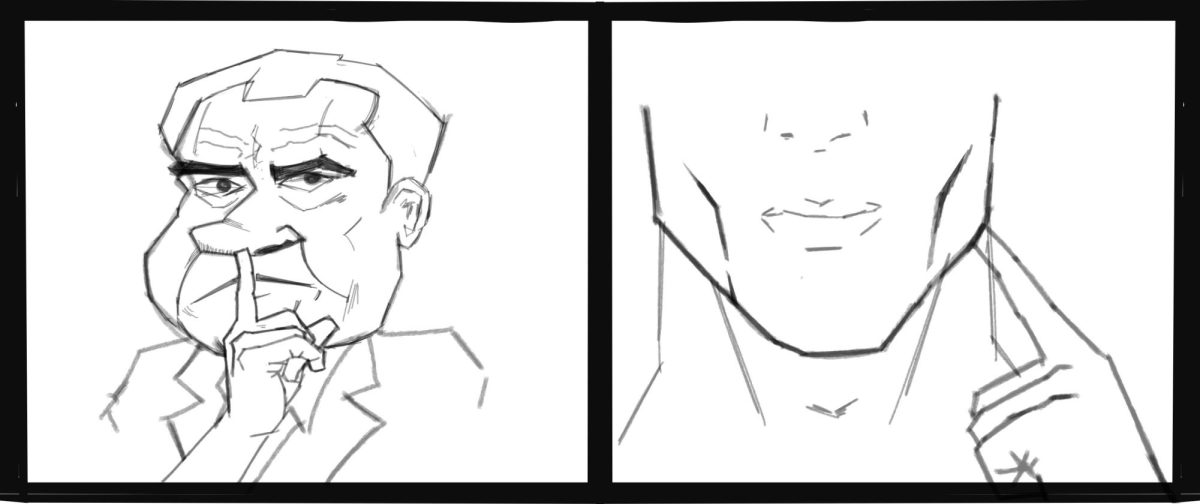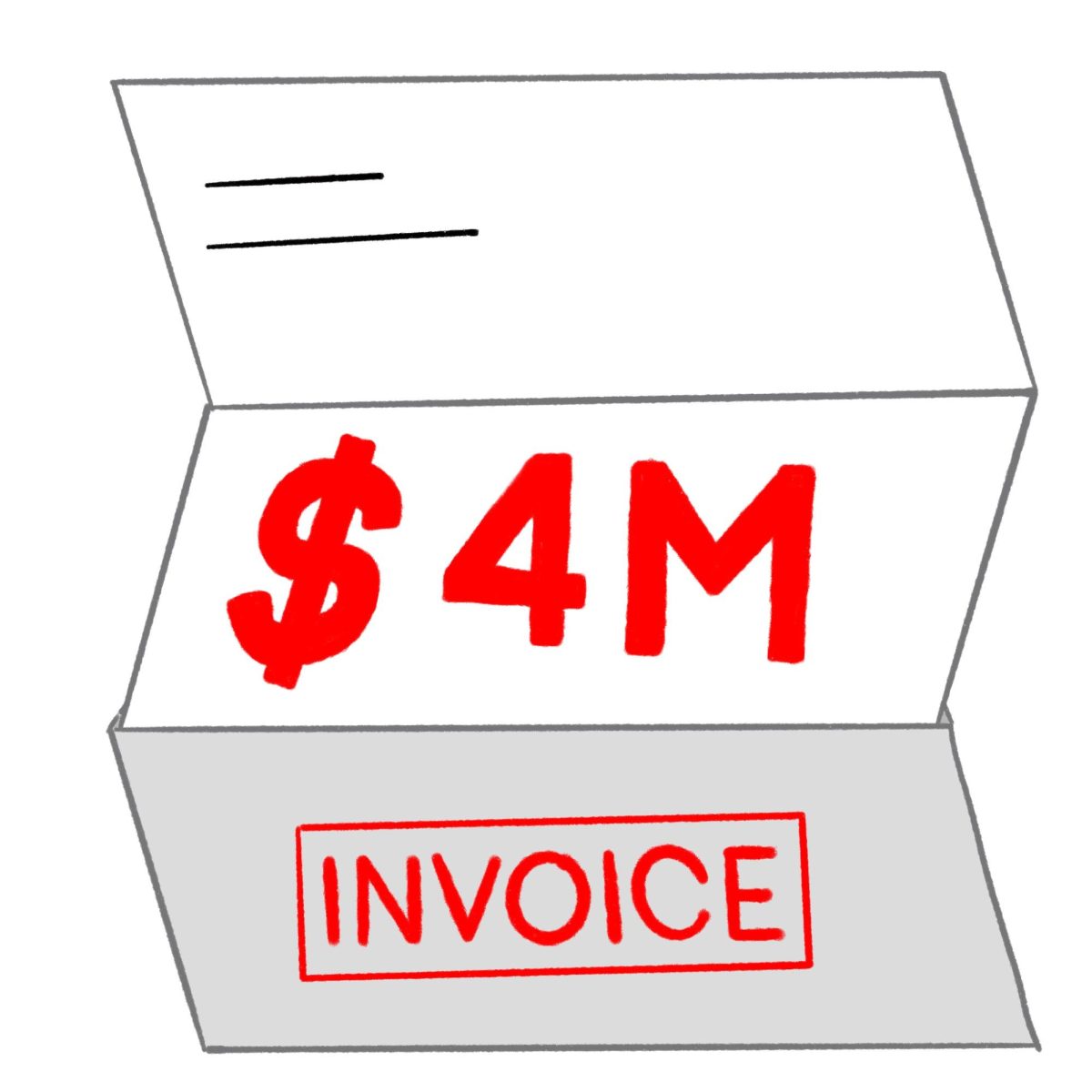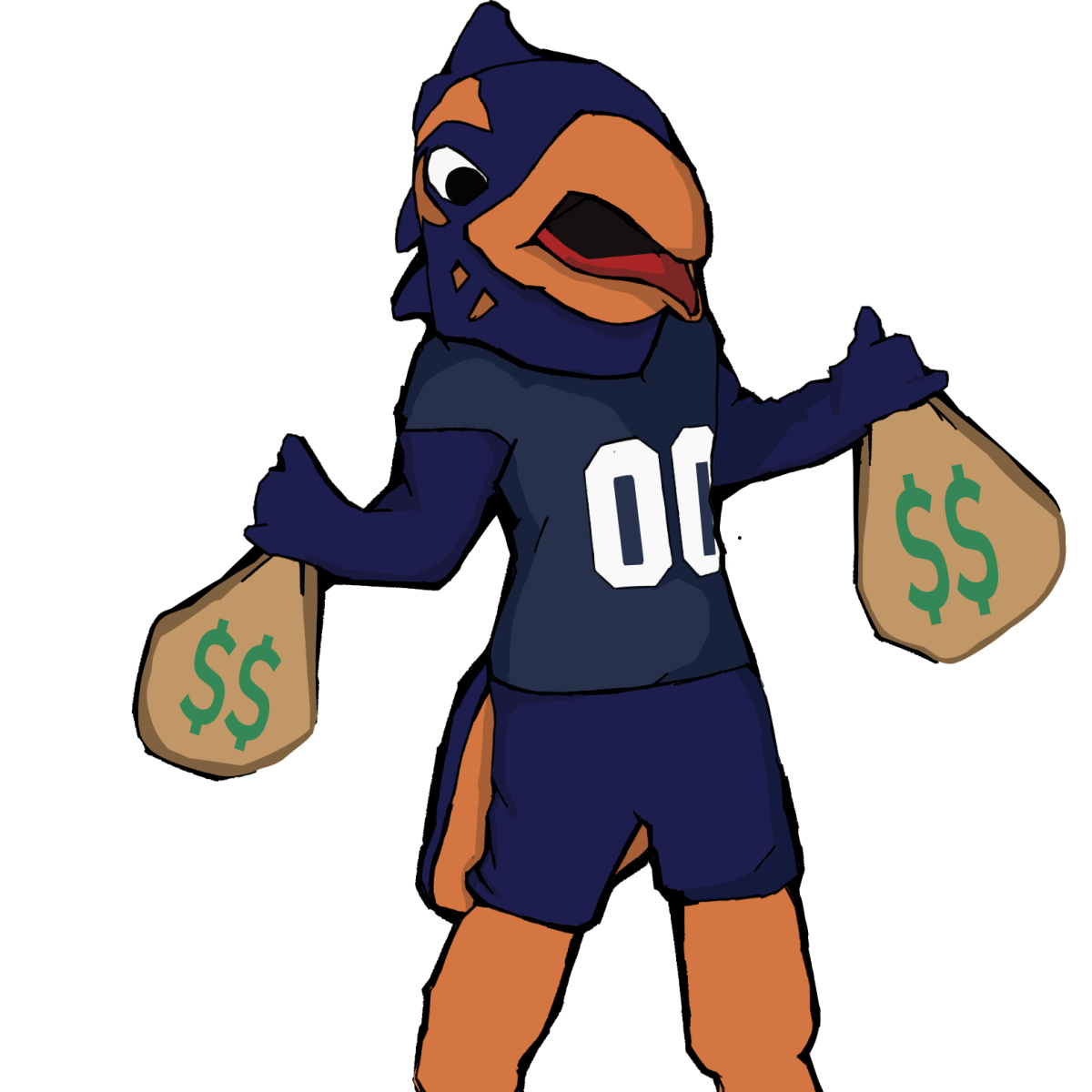Teenage Trump-supporter Hunter Richard was assaulted at a San Antonio Whataburger this past July. Assailant Kino Jimenez cursed at him, threw a drink at him and stole his “Make America Great Again” hat. This discrimination-gone-viral confirms that loathsome sentiments against Trump-supporters and Conservatives are present and tangible, even in red states.
This hometown incident made me wonder about underground politics at UTSA. Do people at UTSA feel comfortable expressing political views during class discussions? Do they feel the UTSA administration accommodates all political beliefs? Do they feel vocal Conservatives are treated differently than vocal Liberals? I hit the sidewalk with a survey; the following statistics are rounded for readability.
When given three options, the total sampled population (39) approximated 18 percent Conservative, 31 percent Liberal, and 51 percent Independent. 15 percent were Trump-supporters across all parties. Though I cared more about concentrations of opinion than categories of political preference, the opinions themselves say much.
Of students surveyed, 82 percent felt they could freely express their political opinions in class. However, Trump-supporters and Conservatives were considerably less confident about expressing their views. Liberal Trump-supporters felt least comfortable expressing their politics in class.
When asked if the UTSA administration accommodates all political viewpoints, 59 percent of students said it does. Nevertheless, another 31 percent were unsure and 10 percent across all parties said no. The majority of Conservatives believed UTSA does not accommodate all political viewpoints, while the majority of Independents and Liberals believed it does: a striking imbalance. Conservatives and Trump-supporters more than any other groups felt uncomfortable being themselves on campus and felt least represented by the UTSA administration.
Then I brought up the legendary “double standard.” When students were asked if self-proclaimed Trump-supporters are treated differently than self-proclaimed Liberals on campus, 51 percent across all parties said yes, and another 31 percent weren’t sure. Only 18 percent of those surveyed said no, and they fell at the middle or to the left on the political spectrum. Clearly, the double standard for Conservatives is real.
When asked whether Conservatives should speak up in class, most agreed the answer was yes. Nearly everyone believes in freedom of speech. However, the notable cohort that believed Conservatives should not speak their views identified as Liberals or as Independents who preferred Liberal candidates.
Conservative censorship may not always make the news like the Whataburger incident, but it’s undeniably here. Modern political correctness deems liberal values as acceptable public opinion and conservative values as ignorant or even offensive. This arbitrary double standard scares people away from public discourse and into the closet, even though the prejudicial attitudes uncovered extend from the side which prides itself on tolerance.
The U.S. Constitution, however, doesn’t exclusively provide for fashionable opinions. The First Amendment gives everyone the right to unpopular opinions and controversial speech. For the sake of liberty, we should intimidate political correctness and put censorship back into the closet instead of intimidating people with different politics. May we all realize our irrevocable rights and muster the courage to speak boldly.








